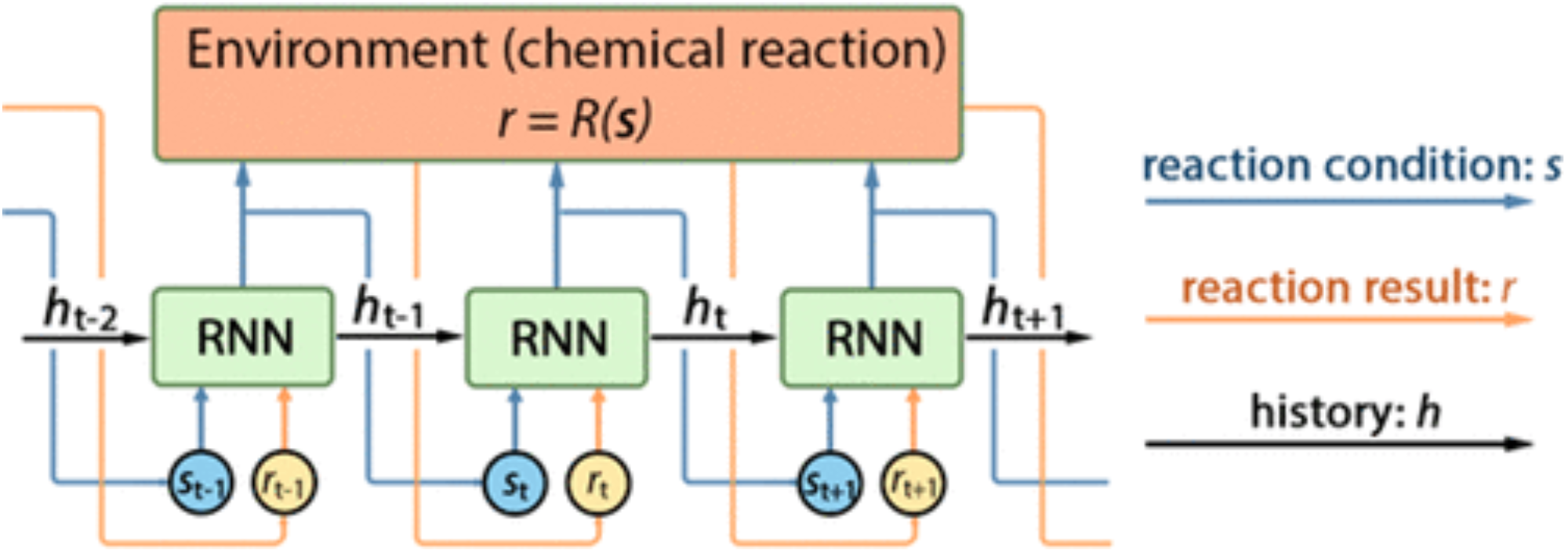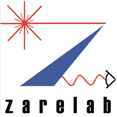Artificial Intelligence Enabled Innovations and Discoveries in Chemistry
Zhenpeng Zhou
The idea of machine learning and artificial intelligence has produced surprising results in the field of theoretical and computational chemistry. We proposed to apply the decision-making framework to problems in chemistry, for example optimizing chemical reactions, or de novo drug design.
In a recent work, we employed deep reinforcement learning to optimize chemical reactions. Our model iteratively records the results of a chemical reaction and chooses new experimental conditions to improve the reaction outcome. This model outperformed a state-of-the-art blackbox optimization algorithm by using 71% fewer steps on both simulations and real reactions. Furthermore, we introduced an efficient exploration strategy by drawing the reaction conditions from certain probability distributions, which resulted in an improvement on regret from 0.062 to 0.039 compared with a deterministic policy. Combining the efficient exploration policy with accelerated microdroplet reactions, optimal reaction conditions were determined in 30 min for the four reactions considered, and a better understanding of the factors that control microdroplet reactions was reached. Moreover, our model showed a better performance after training on reactions with similar or even dissimilar underlying mechanisms, which demonstrates its learning ability. (Figure 1)

Figure 1. Visualization of Our Model Unrolled over Three Time Steps
